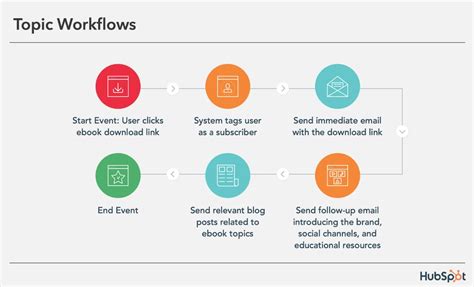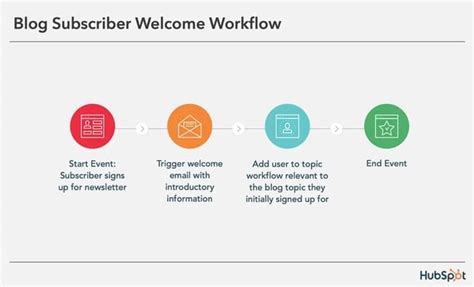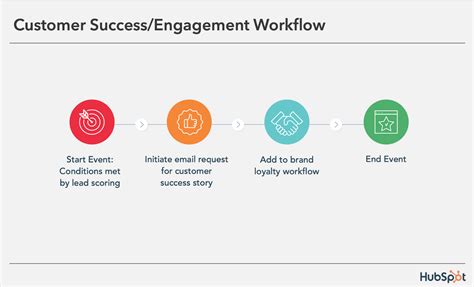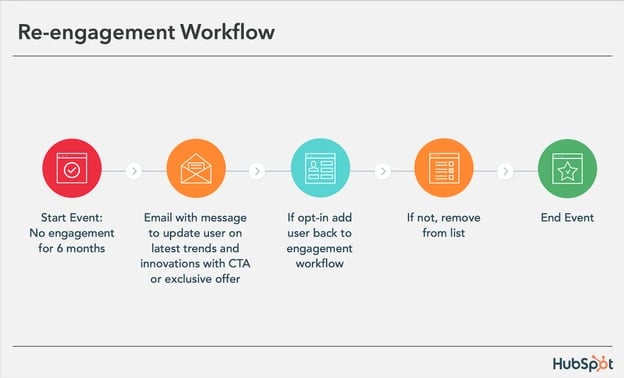In the ever-evolving landscape of digital marketing, leveraging automation to enhance SEO strategies has become a game-changer. Keyword automation in SEO allows marketers to efficiently manage and optimize their campaigns, ensuring they stay ahead in the competitive market. By implementing advanced controls, businesses can automate the selection, analysis, and integration of keywords across various marketing channels, including email campaigns. This approach not only saves time but also maximizes the effectiveness of marketing efforts, driving better results and engagement. In this article, we will explore the tools, benefits, and best practices of automated keyword management, along with real-world case studies and future trends in this dynamic field.
Delve into this topic with maseblog.com for a comprehensive understanding.
1. Introduction to Keyword Automation in SEO
Keyword automation in SEO has emerged as a powerful tool for digital marketers aiming to enhance their search engine rankings and optimize content delivery. This technology-driven approach leverages advanced algorithms and machine learning to identify and utilize the most effective keywords for a given audience. Unlike traditional keyword management, which requires manual research and constant updates, automated keyword controls streamline the process, saving time and reducing the potential for human error.
By automating keyword research and integration, marketers can ensure that their content remains relevant and competitive in search engine results, thereby increasing visibility and driving organic traffic. Additionally, keyword automation can dynamically adjust to changing trends and search behaviors, providing real-time optimization that keeps pace with the ever-shifting digital landscape.
This level of precision and adaptability is crucial in today’s SEO environment, where staying ahead of the competition requires more than just basic keyword usage. It demands a strategic approach that integrates automation to refine and elevate marketing efforts. In this section, we will delve into how keyword automation works, the technologies that enable it, and why it is rapidly becoming an essential component of successful SEO strategies.

2. Key Tools and Technologies for Automated Keyword Management
Automated keyword management relies on a range of sophisticated tools and technologies designed to enhance SEO efforts by streamlining keyword research, analysis, and implementation. Key tools in this space include AI-powered platforms like SEMrush, Ahrefs, and Moz, which provide comprehensive keyword data, competitive analysis, and tracking capabilities. These platforms use machine learning algorithms to identify high-performing keywords, analyze search intent, and predict keyword trends, enabling marketers to make data-driven decisions.
Additionally, tools like Google Keyword Planner and Ubersuggest offer automated suggestions and insights for keyword optimization based on real-time search data. Advanced technologies such as natural language processing (NLP) and artificial intelligence (AI) further enhance these tools by interpreting user intent and optimizing content accordingly. Automation in keyword management not only saves time but also improves accuracy, allowing marketers to focus on strategic decision-making rather than manual keyword updates. This technology-driven approach is essential for maintaining a competitive edge in SEO.

3. Benefits of Automated Keyword Controls in Marketing and Email Campaigns
Automated keyword controls offer significant benefits for both marketing and email campaigns, revolutionizing how businesses approach their SEO strategies. One of the primary advantages is time efficiency. Automation tools reduce the manual effort involved in keyword research and management, allowing marketers to allocate their time to higher-level strategic planning and creative tasks. By automating repetitive processes, businesses can respond more quickly to market changes and capitalize on new opportunities.
Another key benefit is improved accuracy and consistency. Automated systems minimize human error, ensuring that keyword strategies are implemented consistently across all marketing channels, including email campaigns. This consistency is crucial for maintaining brand messaging and enhancing user experience, leading to higher engagement rates and better conversion outcomes.
Moreover, automated keyword controls enhance targeting precision by using real-time data analysis to adapt to evolving search trends and user behavior. This adaptability helps marketers deliver more personalized and relevant content, which is particularly effective in email marketing where tailored messaging can significantly increase open and click-through rates.
Lastly, automation tools provide comprehensive analytics and insights, enabling marketers to track performance and refine their strategies continuously. This data-driven approach not only improves SEO outcomes but also contributes to a more robust and agile marketing strategy overall, driving growth and competitivenes

4. Best Practices for Implementing Automated Keyword Strategies
Implementing automated keyword strategies requires a thoughtful approach to maximize their effectiveness and align with overall marketing goals. One best practice is to begin with comprehensive keyword research, leveraging automation tools to identify high-value keywords that align with your target audience and business objectives. These tools can provide insights into keyword difficulty, search volume, and competitive landscape, helping to prioritize keywords that offer the best potential for driving traffic and conversions.
Another important practice is to regularly update and refine keyword lists based on real-time data and performance analytics. Automated tools allow for continuous monitoring of keyword trends and user behavior, enabling marketers to make data-driven adjustments to their strategies. This adaptive approach ensures that content remains relevant and effective in driving SEO results.
Integrating automated keyword management across all marketing channels is also crucial. This ensures consistency in messaging and enhances the overall user experience, particularly in email campaigns where precise targeting can significantly impact engagement rates.
Furthermore, it’s essential to set clear performance metrics and goals to evaluate the effectiveness of automated keyword strategies. Regularly reviewing these metrics helps identify areas for improvement and optimize future campaigns. Finally, combining automated tools with human oversight ensures that keyword strategies remain aligned with broader business goals and adapt to changes in the digital landscape, maximizing their impact.
5. Challenges and Considerations in Using Automated Keyword Controls
While automated keyword controls offer numerous benefits, they also come with challenges and considerations that marketers must address to ensure optimal performance. One of the main challenges is the potential for over-reliance on automation, which can lead to a lack of strategic oversight and creativity. Automated systems are only as effective as the data and algorithms they use, and without human intervention, there is a risk of missing nuanced or emerging trends that require a more personalized approach.
Another consideration is the quality and accuracy of the data being used. Automation tools rely heavily on up-to-date and accurate data to function effectively. If the data is outdated or inaccurate, the resulting keyword strategies could be flawed, leading to missed opportunities or even negative impacts on SEO performance.
Additionally, implementing automated keyword controls requires a certain level of technical expertise and familiarity with the tools involved. This can present a barrier for smaller businesses or those with limited resources. Lastly, there is the risk of automation tools generating keyword strategies that are too generic, failing to differentiate a brand in a competitive market. Balancing automation with human insight and strategic thinking is essential for overcoming these challenges and maximizing the benefits of automated keyword management.
6. Case Studies: Successful Applications of Automated Keyword Management
Several businesses have successfully implemented automated keyword management to enhance their SEO strategies and marketing campaigns. For instance, a leading e-commerce company used automated tools like SEMrush to optimize their keyword strategy across thousands of product pages. By leveraging machine learning algorithms, they identified high-performing keywords that matched customer search intent and dynamically updated their content. This resulted in a 35% increase in organic traffic and a 20% boost in sales within three months.
Another example involves a digital marketing agency that integrated automated keyword controls into their clients’ email campaigns. Using AI-driven platforms, they personalized email content based on keyword trends and user behavior, achieving a 40% improvement in open rates and a 30% increase in click-through rates.
These case studies demonstrate the power of automated keyword management in driving measurable results. By combining advanced tools with strategic oversight, businesses can efficiently optimize their SEO efforts, improve audience targeting, and ultimately enhance their overall digital marketing performance.
7. Future Trends and Innovations in Keyword Automation for SEO
The future of keyword automation in SEO is poised for significant advancements, driven by emerging technologies and evolving market needs. One notable trend is the integration of artificial intelligence (AI) and machine learning to further enhance keyword research and optimization processes. AI algorithms are becoming increasingly adept at understanding complex user intents and predicting search trends, allowing for more precise and adaptive keyword strategies.
Natural language processing (NLP) is also advancing, enabling automated systems to better grasp the nuances of language and context. This capability will refine keyword suggestions and improve content relevance by aligning more closely with how users naturally search and interact with online content.
Additionally, automation tools are expected to incorporate more sophisticated predictive analytics. These tools will analyze vast amounts of data to forecast future keyword trends, providing marketers with actionable insights to stay ahead of competitors. The rise of voice search and conversational AI will further shape keyword strategies, requiring optimization for natural language queries and long-tail keywords.
Moreover, integration with other marketing technologies, such as CRM and marketing automation platforms, will allow for seamless keyword management across various channels. This holistic approach will enhance targeting precision and campaign effectiveness. As these innovations unfold, businesses that embrace these advancements will be well-positioned to optimize their SEO efforts and drive sustained digital growth.
Automated keyword controls are transforming SEO by enhancing efficiency, accuracy, and adaptability. Embracing these advanced tools and practices allows marketers to streamline their strategies, improve targeting, and
maseblog.com
